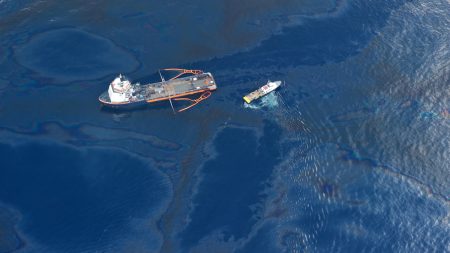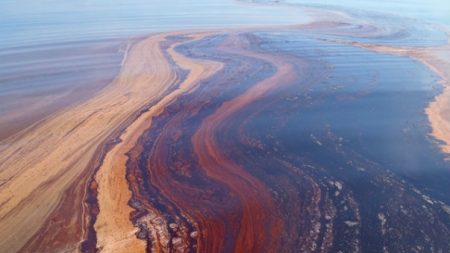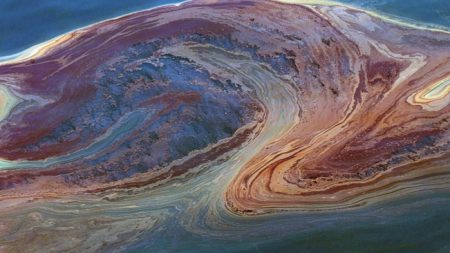Oil Spill Kills More Than 2,400 Animals
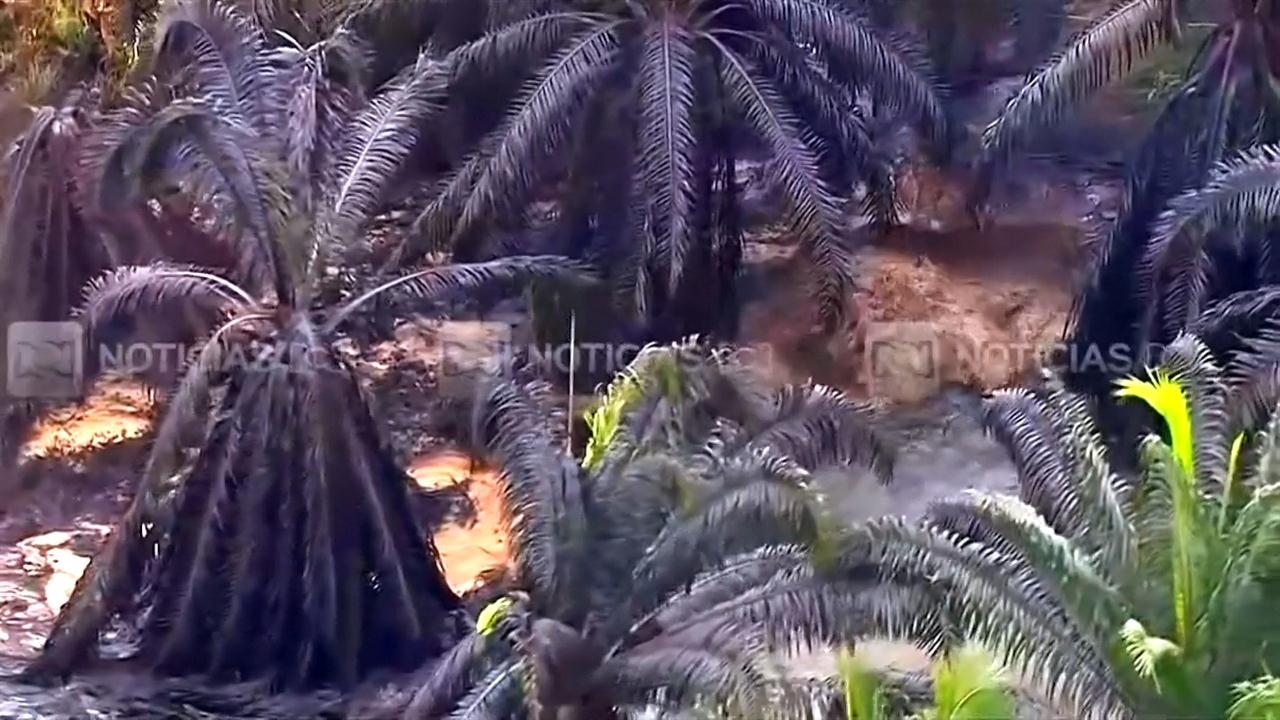
An unclear amount of oil has leaked into Colombia’s waterways, and environmental activists are saying an oil company is to blame.
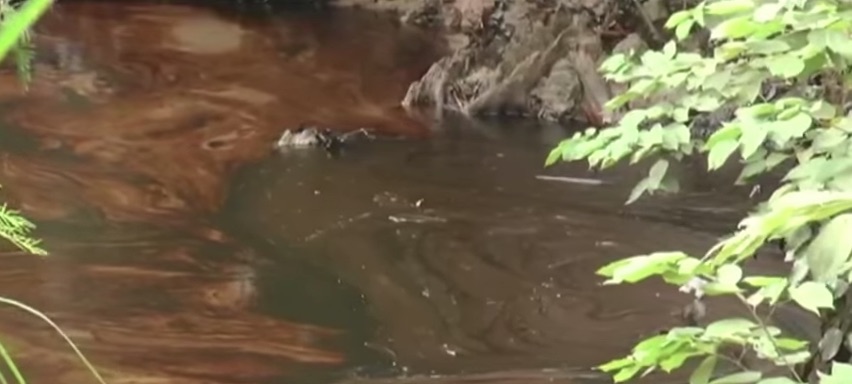
At the beginning of March, an oil well in northern Colombia burst, spewing an unclear amount of oil into the Magdalena River, a principal waterway that flows about 950 miles northward through the western half of the country. Over the next month, reports say the crude killed more than 2,400 animals, including cattle, fish, birds, and reptiles, in the department of Santander. More than 1,000 tree species in the area have been damaged, and families have been relocated and treated for vomiting, headaches, and dizziness associated with the spill.
“I have practically nothing to eat, we have lived through the river all our lives and the contamination has already reached the Magdalena,” one resident tells local media.
Conservationists say this environmental disaster is the worst the country has seen in decades, and the number of barrels spilled is unclear. Ecopetrol, the state-owned oil company that some environmental activists are blaming for the spill, says there were 550 barrels of crude spilled, but some local outlets are reporting that as many as 24,000 barrels were spilled. (Read about oil spills and their impacts.)
Although Ecopetrol says nearly 1,250 animals have been rescued and the spill is under control, the crude continues to flow, locals say. So far, it’s seeped about 15 miles to contaminate the Lizama and Sogamoso Rivers. An investigation of the cause of the leak is ongoing, and few details have been revealed.
Oil spills often have lasting effects, and the country has had other environmental problems. Last week, a report revealed that Colombia’s Cauca River, which is south-west of the spill site, is unsafe for humans. According to the Cali-based newspaper El País, carcinogenic heavy metals have been found in fish species eaten by humans. (Related: “Why the Gulf Oil Spill Isn’t Going Away“)
Oil spills don’t discriminate geographically. In 2013, a train carrying crude catastrophically derailed in Canada, killing people, destroying buildings, and, of course, spewing oil. In 2010, the infamous Deepwater Horizon oil spill leaked more than 200 million gallons into the Gulf of Mexico, christening it the worst spill in U.S. history.
The Colombia oil spill mirrors several that happened in Peru in 2016, which researcher and National Geographic Explorer Rebecca Wolffcovered as an independent journalist. Some reports say that more than 450 local people sought medical attention for health problems related to oil contamination, but others likely suffered without treatment.
“When oil spills happen, just coming into contact with oil in the short term has incredibly horrible side-effects,” Wolff says.
Oil spills not only affect the flora and fauna of the environment, but farmland as well. Contaminated fields prevent locals from cultivating the land, and chemically poisoned fish—a protein-packed dietary staple—must be taken out of the diet.
In addition to the symptoms reported by the Colombian locals, people suffering from oil contamination can experience respiratory issues, skin rashes, fatigue, and seemingly undiagnosed illnesses lasting months or years. Spill-related conditions can also kill children. (Related: “Gulf Oil Spill Helps Explain Air Pollution Mystery“)
Wolff adds that it can take days for local government to get involved right after a spill, so community members are often left to try to clean up their environment without adequate protection. Not enough studies have been done on the lasting consequences of oil spills, she says, since government intervention normally stops 60 days after the initial spill.
“There is continual danger for years and years of what’s in the fish and what’s in the water,” Wolff says. “If you ruin the water and the land that people depend on, their livelihood is gone.”
HOPE FOR THE FUTURE
Local and international attention can shed light on oil spills and their consequences, ultimately helping communities recover over time.
“Usually, people are just really angry or upset for a long time to come,” Wolff says. She adds that cases locals brought to court about the Peruvian oil spills “kind of sent the message to the country that people were not OK with this.”
She says long-term medical care and financial support are crucial for helping communities respond to these types of disasters, as are support and recognition from the government.
“The world needs to pay better attention and have better response plans,” Wolff says. “[Oil spills happen] all over the world, but I don’t think we’ve come to a [far enough] way to respond and support [the affected community] afterwards.”
Source: Nationalgeographic
